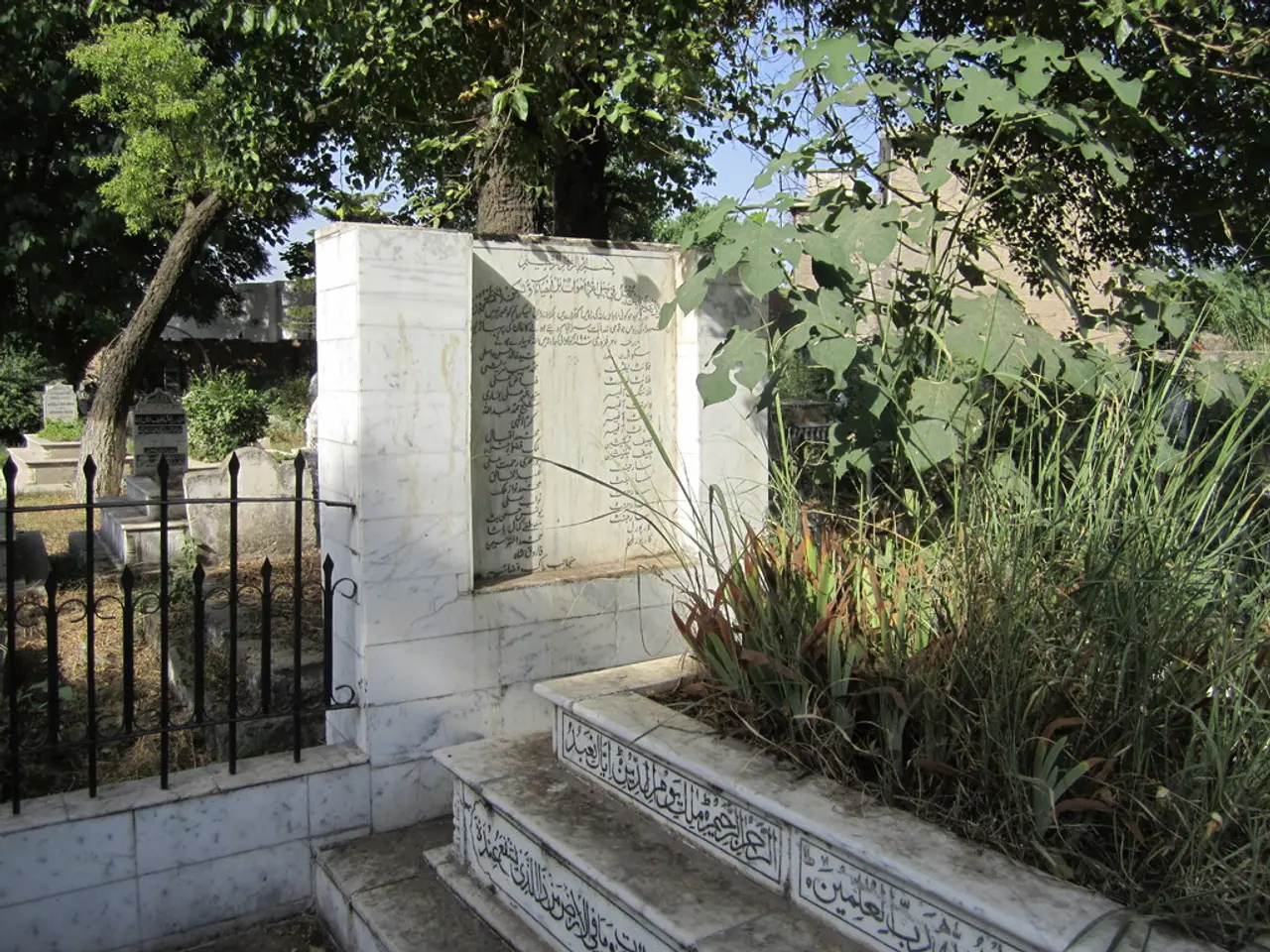Planning for the end of life: Understanding the concept and its implications
In life, it's essential to plan for the future, especially when it comes to end-of-life care. Advance care planning, also known as end-of-life planning, is the process of preparing for future healthcare decisions and outlining one's wishes in a clear and concise manner.
A Last Will and Testament is a legal document that outlines a decedent's instructions to a named executor regarding the distribution of their finances and possessions after death. However, advance care planning involves more than just a will. It includes completing documents such as advance directives, powers of attorney, and a last will and testament.
Advance directives, which include a living will and a healthcare proxy, describe a person's medical care wishes in specific circumstances and appoint someone to make decisions on their behalf if they cannot do so. These documents are crucial as a person's health can change in a moment's time. Resources to help guide these conversations can be found at the Hospice Foundation of America and Compassion & Choices.
A POLST (Portable medical orders) is a set of medical orders that follows a person and provides information about their medical care, including their treatment preferences, in an emergency.
The common steps involved in advance care planning are as follows:
- Thinking About Your Values and Preferences: Reflect on what is important in your life, including your desires for medical care, quality of life, cultural or religious beliefs, and who you trust to make decisions if you cannot do so yourself.
- Talking About Your Wishes: Discuss your wishes and concerns with your healthcare provider, family members, and the person you might designate as your healthcare proxy or power of attorney. This conversation clarifies your goals, fears, and expectations about future healthcare.
- Creating and Documenting Your Plan:
- Living Will (Advance Directive): A written document specifying your preferences for medical treatments and end-of-life care.
- Durable Power of Attorney for Healthcare (Healthcare Proxy): A legal document appointing someone to make healthcare decisions on your behalf if you become unable.
- Last Will and Testament: A legal document outlining how your assets should be distributed after your death and can appoint executors or guardians for dependents.
- Other related documents may include powers of attorney for financial decisions, living trusts, HIPAA authorizations, beneficiary designations, and funeral instructions.
- Sharing Your Advance Care Plan: Provide copies of your advance directives and related documents to your appointed agents, family, and healthcare team to ensure your wishes are known and can be followed.
- Reviewing and Updating Your Plans Regularly: Revisit and update your documents and plans whenever significant life changes occur or periodically to keep them current with your preferences and legal requirements.
Making decisions about end-of-life care ahead of time can offer peace of mind to both the person and those responsible for carrying out their wishes. It may require people to answer specific and difficult questions about death and dying, such as their wishes for treatment, burial, and organ donation.
Individuals do not need a lawyer for an advance directive, living will, or healthcare proxy, but legal help may be needed for special circumstances and power of attorney. Medicare has no out-of-pocket costs when advance care planning takes place during an annual wellness visit, and most states offer similar coverage through Medicaid.
Body disposition is what a person wants to happen with their body after death. Options can include traditional in-ground or mausoleum burial, natural, or green burial, cremation, body donation for medical education or scientific research, and hydro-cremation.
Euthanasia and physician-assisted suicide are topics that vary according to country. It's important to note that these are different from advance care planning, which helps ensure that a person's healthcare treatment is consistent with their wishes and preferences, should they be unable to make their own decisions or speak for themselves.
By taking the time to plan for the future, individuals can ensure that their wishes are respected and that their loved ones are spared the burden of making difficult decisions during a difficult time.
In the realm of health-and-wellness, mental health and aging, it's vital to consider end-of-life care decisions, including body disposition. While traditional burial and cremation are common options, considerations can extend to body donation for medical education, scientific research, or hydro-cremation.
Advance care planning, a crucial step in health-and-wellness, involves more than just a will, encompassing documents such as advance directives and powers of attorney. These documents ensure mental-health stability during emergencies, safeguarding one's autonomy in healthcare decisions.




